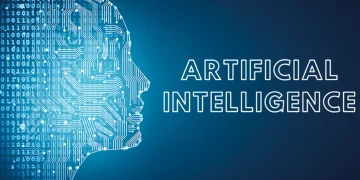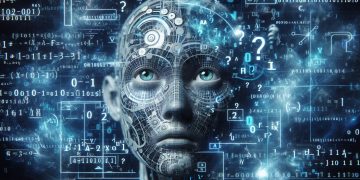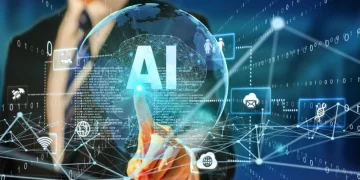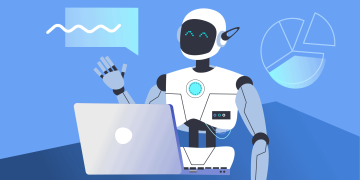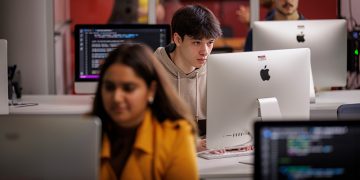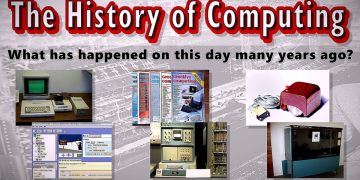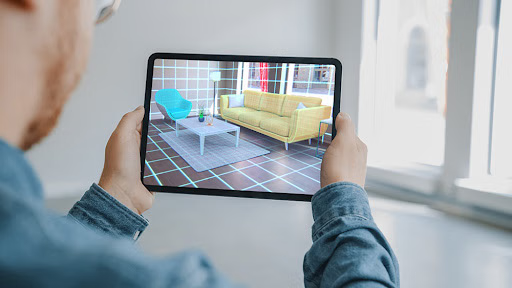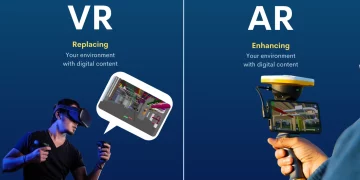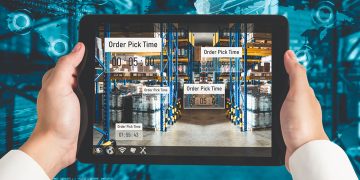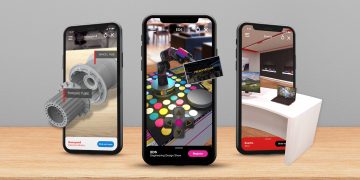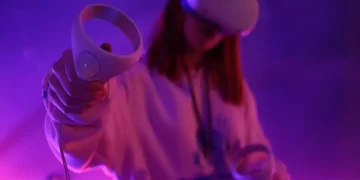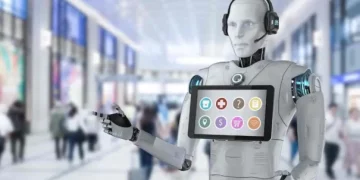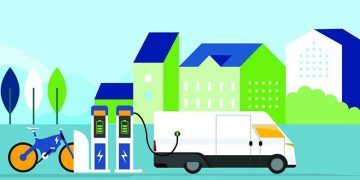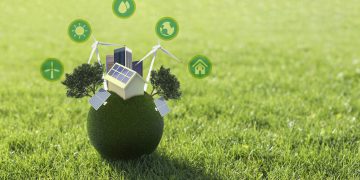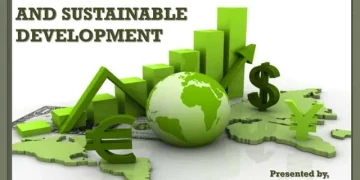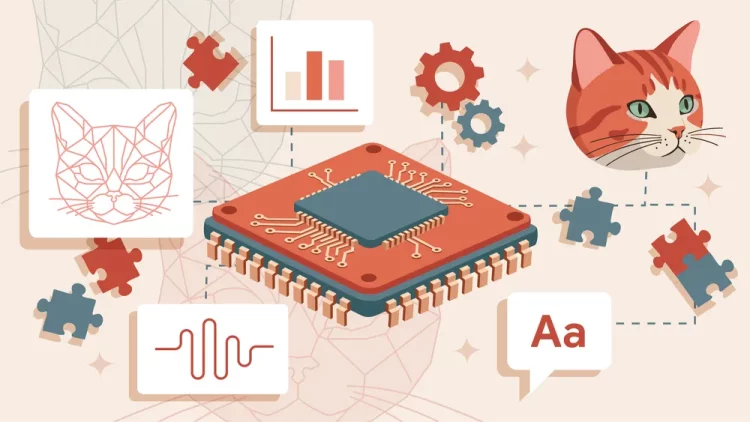A New Chapter in Human Labor
For centuries, every major technological revolution—from the steam engine to the computer—has rewritten the rules of human work. Yet none has stirred as much anticipation, anxiety, and philosophical questioning as artificial intelligence (AI). Unlike past machines that replaced only physical effort, AI penetrates the domain of thought, perception, and creativity. It doesn’t merely perform tasks; it learns, reasons, and sometimes surprises.
This new age of “intelligent work” challenges humanity to reconsider what value we bring to the table when machines can think, design, and decide. But rather than an end to human relevance, this transformation represents an invitation to rediscover what makes us fundamentally irreplaceable.
The Shifting Landscape of Work
AI is not coming—it’s already here. Across industries, algorithms are diagnosing diseases, writing marketing copy, designing interfaces, trading stocks, and even composing symphonies. The boundary between human and machine contributions is dissolving.
Jobs that once symbolized creativity and expertise—graphic design, legal research, software coding—are now augmented or partially automated by AI tools. Yet new professions have also emerged: AI ethicists, prompt engineers, data storytellers, AI-integrated designers, and more.
In this sense, AI does not simply destroy work—it redistributes it. Routine and predictable tasks fall to automation, while high-level reasoning, emotional intelligence, and ethical decision-making rise in importance.
The Rise of Hybrid Professions
The future of work is not human versus machine, but human with machine. This partnership gives rise to hybrid professions where people leverage AI as a cognitive extension.
- In design: AI systems generate hundreds of layouts, color palettes, or interface options in seconds, leaving the designer to curate and interpret meaning. The human touch lies not in production, but in taste and empathy.
- In journalism: AI drafts headlines or analyzes data sets, but human editors shape narratives, question motives, and define truth.
- In medicine: Diagnostic algorithms identify potential risks, while doctors translate those findings into care that patients can understand and trust.
The human worker of tomorrow will be less of a “doer” and more of a “director,” orchestrating intelligent systems toward meaningful outcomes.
Human Value Beyond Efficiency
For decades, we’ve defined productivity as doing more in less time. AI obliterates that equation. Machines can already outperform humans in speed and accuracy. So what remains? Meaning, context, and connection.
Human value in the AI era will not come from efficiency but from interpretation and intention—our ability to ask why, not just how. Creativity, empathy, and ethical reflection are becoming the new economic currencies.
Consider healthcare: a diagnostic AI may detect cancer cells faster than any human, but it cannot comfort a patient, weigh cultural context, or help a family make a moral decision. These are deeply human acts, rooted in experience and care—dimensions beyond computation.
The Emotional Economy
As automation spreads, emotional intelligence (EQ) will become the ultimate differentiator. In workplaces dominated by intelligent systems, the capacity to collaborate, empathize, motivate, and communicate becomes invaluable.
Managers will be measured not by how well they control workflows but by how effectively they inspire people and guide machines. Teachers will shift from transferring information to mentoring curiosity. Designers will create not just for function, but for feeling—crafting experiences that resonate with human emotion in a digital landscape.
The emotional economy is not a soft skill revolution—it’s a survival strategy for the human spirit in a data-driven world.
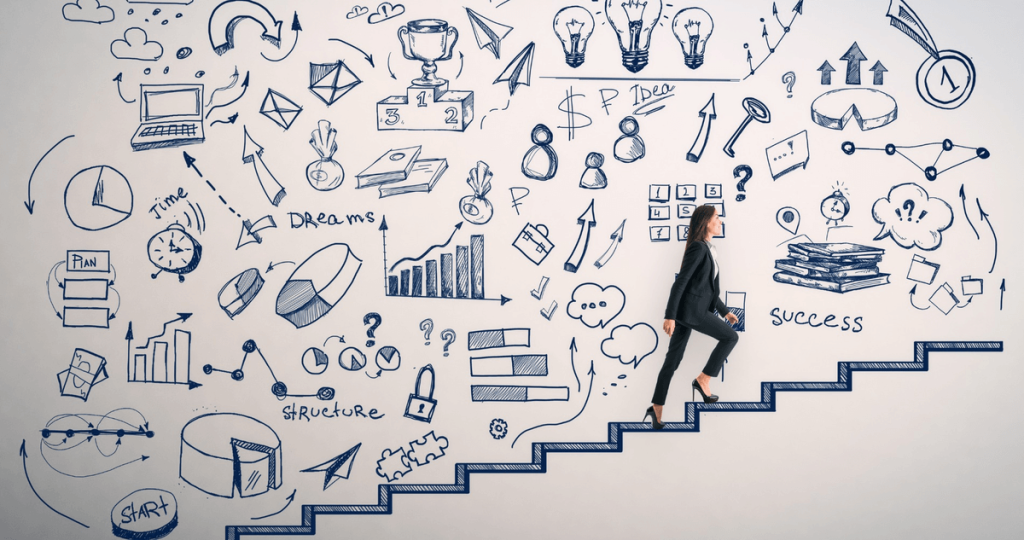
Creativity Reimagined
When AI can generate a poem, a painting, or a product concept in seconds, does human creativity lose its meaning? Quite the opposite. Creativity evolves.
AI democratizes creation, allowing anyone to explore artistic or inventive expression without technical barriers. But creativity’s true essence lies not in the output, but in the process of exploration, intuition, and emotional resonance.
AI can propose ideas, but only humans can assign purpose and cultural context. A designer working with AI becomes more like a curator of possibility—deciding what deserves to exist, and why it matters. The creative act becomes a dialogue, not a solo performance.
The Ethics of Intelligent Labor
The blending of human and artificial intelligence also raises ethical challenges: algorithmic bias, surveillance, ownership of AI-generated content, and the displacement of workers.
Every organization must navigate these moral frontiers responsibly. Should an AI-generated artwork belong to the person who prompted it, the algorithm’s creators, or the dataset it learned from? Should AI decisions in hiring or healthcare be transparent and explainable?
The future of work requires not just new tools but new codes of conduct. Ethics will become a competitive advantage, guiding how humans and machines share power, profit, and purpose.
Lifelong Learning as a Moral Imperative
In a world where AI can learn faster than any human, learning itself becomes a moral act—a way of staying engaged, curious, and self-aware.
The half-life of knowledge is shrinking. Skills that mattered five years ago may soon be obsolete. But adaptability, critical thinking, and cross-disciplinary curiosity never expire. Workers must learn how to learn, blending technical fluency with philosophical depth.
Educational systems are evolving too. Instead of teaching static facts, they’re cultivating meta-skills: problem framing, systems thinking, digital ethics, and creative leadership. In short, we are all becoming lifelong apprentices to intelligence itself—both natural and artificial.
The Future of Human Work
In the age of AI, the central question is not “What can machines do?” but “What should humans do?”
AI will manage, analyze, and predict—but humans will imagine, empathize, and judge. The future belongs to those who can translate technology into meaning.
Work, once a measure of labor, is becoming a stage for purpose. As machines take over tasks, humans are freed to focus on wisdom, art, and social contribution. In this sense, AI is not the end of human work—it’s the beginning of a more intelligent humanity.
Final Reflection
The age of intelligent work is not defined by artificial intelligence, but by augmented humanity. The more we delegate logic and routine to machines, the more vital our emotional, ethical, and creative capacities become.
We stand at a threshold: either we allow AI to narrow our potential, or we use it to elevate our consciousness. The future of work is not about survival—it’s about evolution.
Human beings are not losing relevance; we are rediscovering what it truly means to be human.


